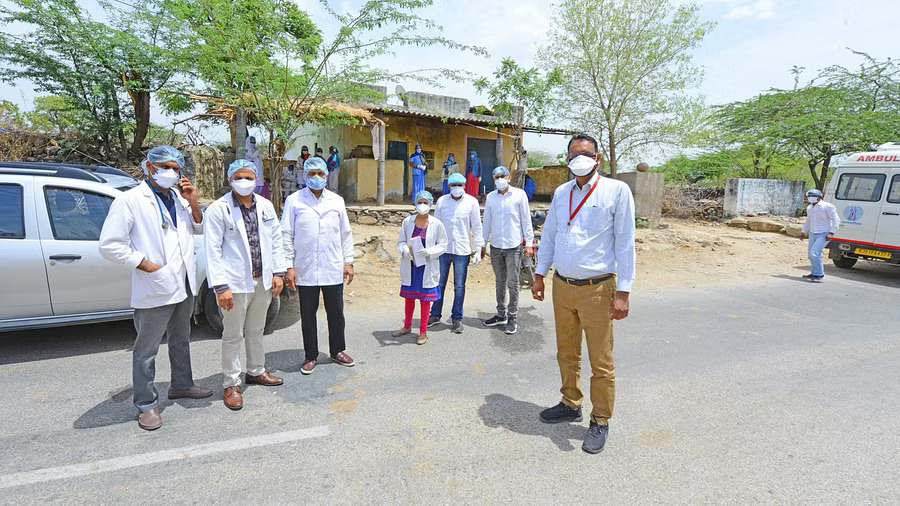The Karnataka Cabinet’s decision not to make rural service compulsory for doctors is a notable policy change with implications for healthcare services, particularly in rural areas. The idea of mandatory rural service for doctors is a topic that has sparked debate and discussion in various regions.
Key points to consider:
Healthcare Access: The implementation of mandatory rural service for doctors is often seen as a means to address the shortage of healthcare professionals in rural and underserved areas. It aims to improve healthcare access for those living in remote regions.
Challenges of Rural Service: Rural service can be demanding for healthcare professionals due to the lack of infrastructure, resources, and medical facilities in remote areas. This can be a significant deterrent for doctors.
Policy Change: The Karnataka Cabinet’s decision not to make rural service compulsory signals a shift in policy and reflects a different approach to addressing healthcare disparities. It indicates that the government is exploring alternative strategies to enhance rural healthcare.
Incentives and Voluntary Service: Instead of mandatory service, the government may consider offering incentives or encouraging voluntary rural service for doctors. This approach can attract medical professionals to work in underserved areas without imposing mandatory obligations.
Balancing Interests: The decision highlights the need to strike a balance between the interests and career choices of healthcare professionals and the imperative of providing adequate healthcare services in rural regions.
Healthcare Infrastructure: Improving healthcare infrastructure and facilities in rural areas remains a key component of addressing healthcare disparities. Enhancing rural healthcare infrastructure can make these regions more attractive to doctors.
In conclusion, the Karnataka Cabinet’s decision not to make rural service compulsory for doctors represents a policy shift in addressing healthcare disparities in rural areas. While mandatory service has been a traditional approach, this decision indicates a willingness to explore alternative strategies, such as incentives and voluntary service, to improve healthcare access in underserved regions. The challenge lies in finding a balance that serves both the interests of healthcare professionals and the healthcare needs of rural communities.
Sponsored
FACTS Transcripts
Apply for a University document anywhere
https://www.factstranscript.com
Quick Transcripts for popular Universities, check your University name now and get started. We help you to get your transcript application online which is accepted for use of IRCC.
No DD, NO Paperwork. 100% Authentic, Reliable.
FACTS Transcripts Charges · Reviews · Assam Universities · Home · Know your University










